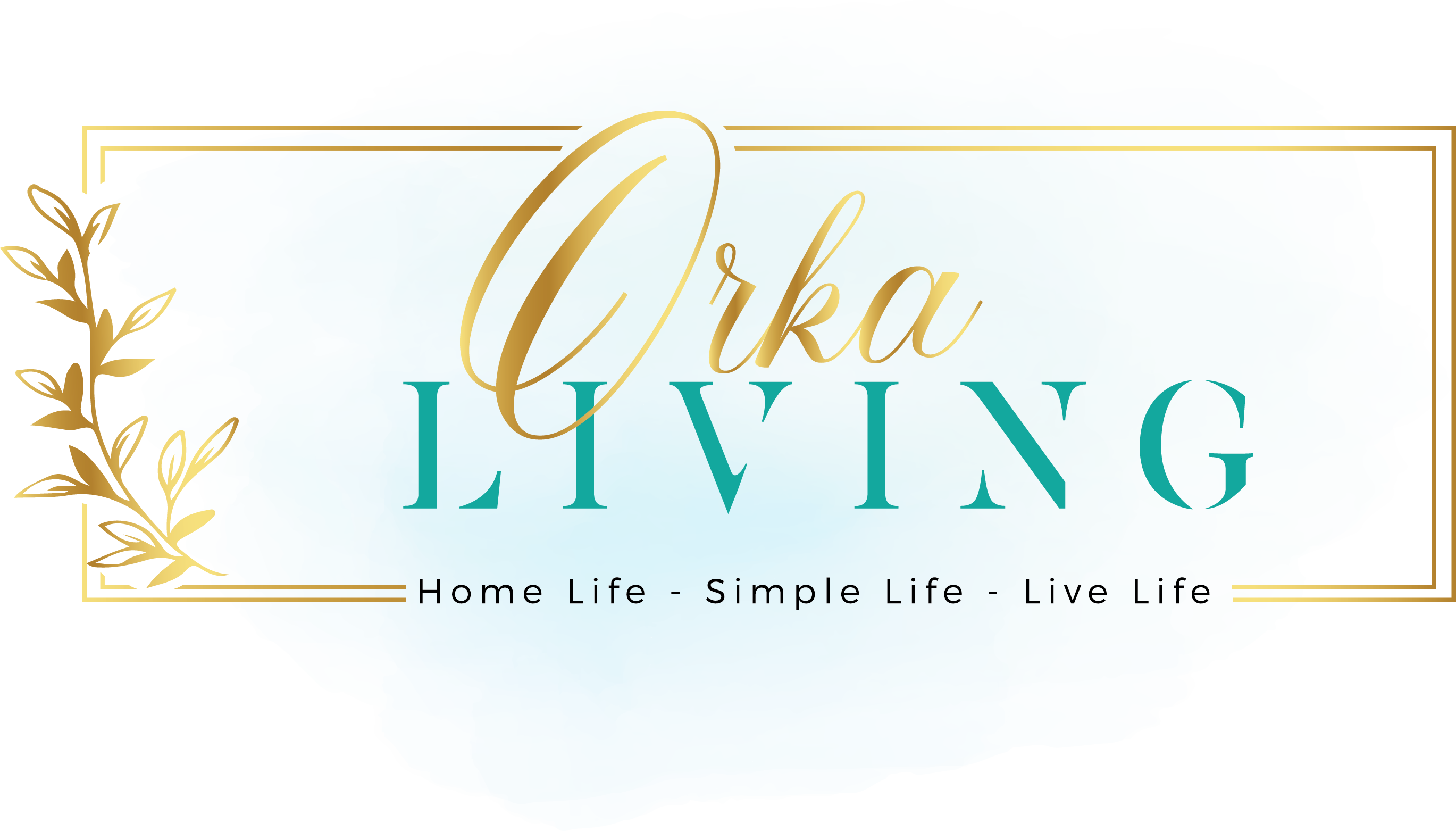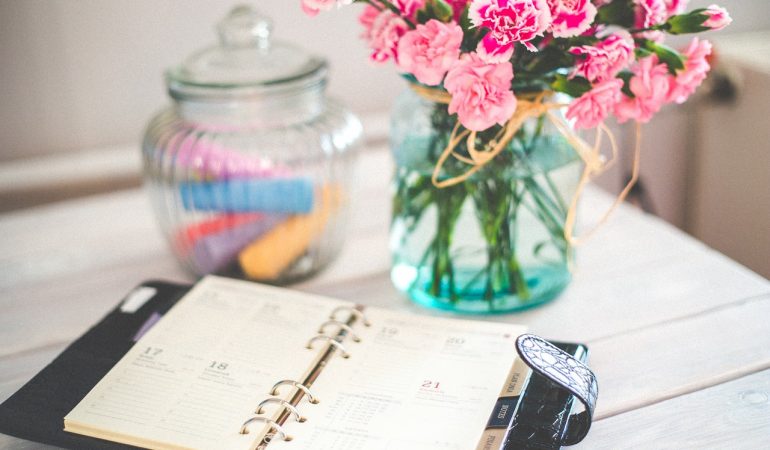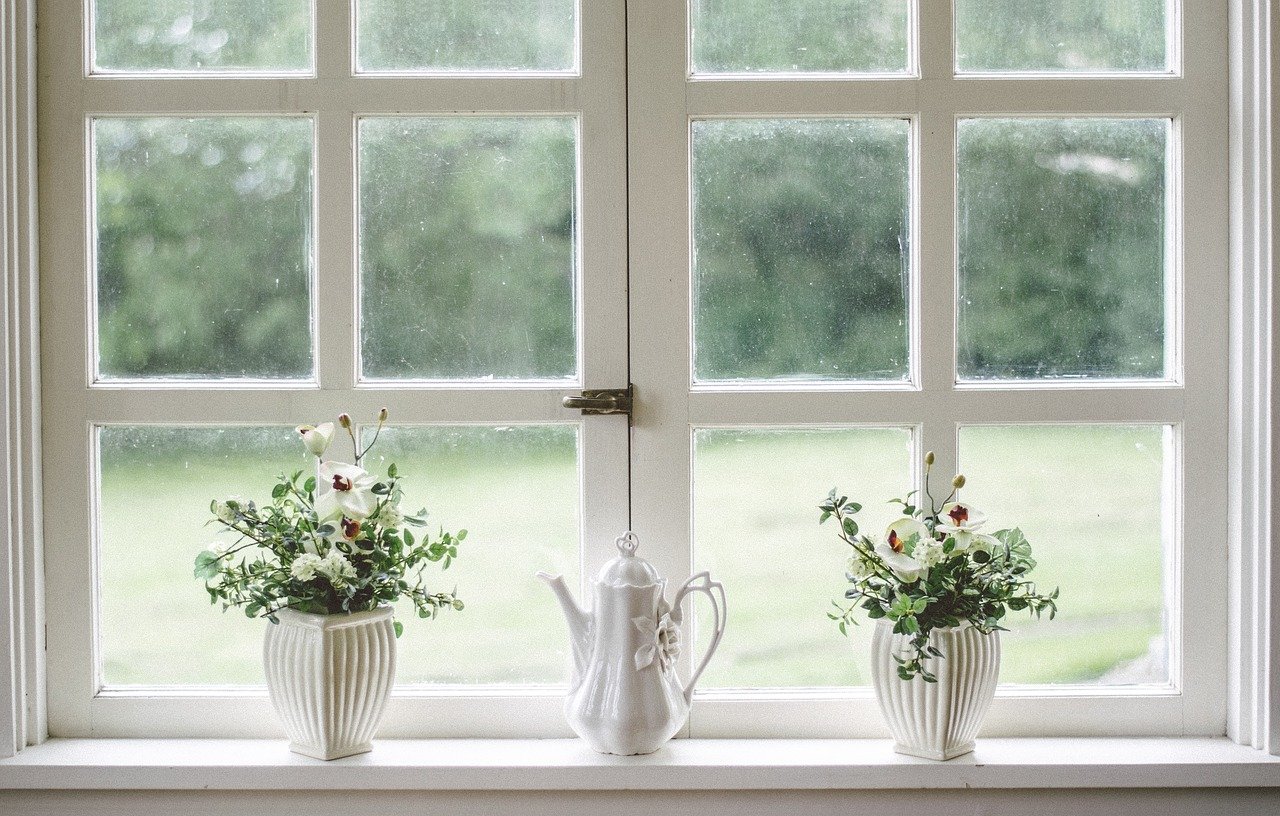My top 5 reasons to fall in love with organising!
Do I have a love of organising? Yes, and that is my honest answer. Is it cool, maybe not, but do I love it, 100% yes!
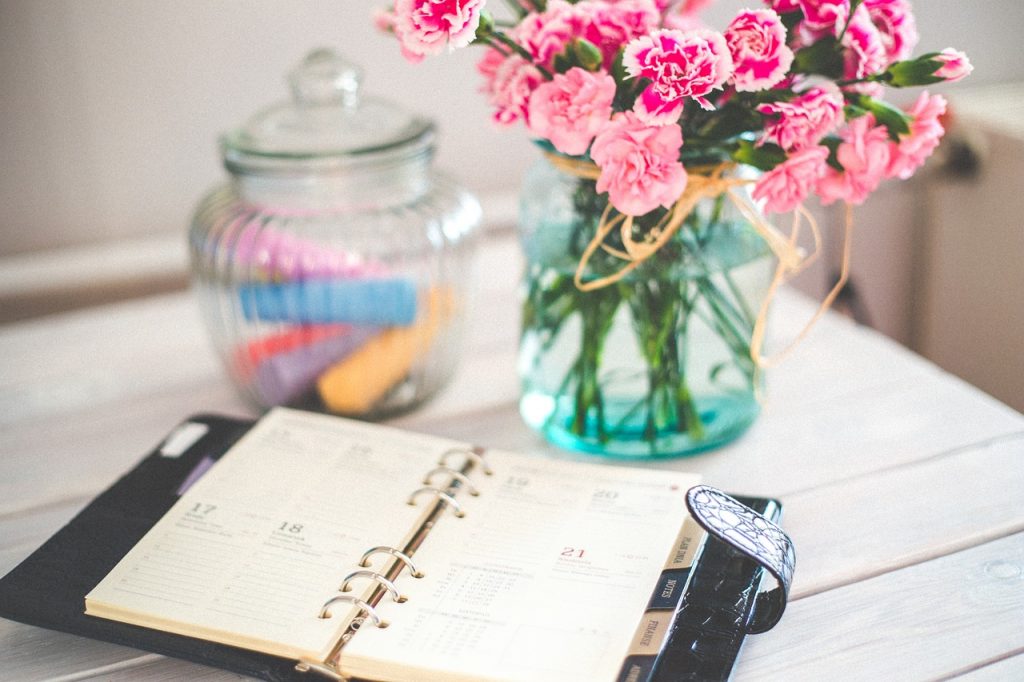
You might have to be living under a rock to escape the organisational craze that is taking the world by storm. From Tidying Up with Marie Kondo and The Home Edit duo, to Stacey Soloman’s Sort Your Life Out and The Big House Clear Out with Nick Knowles, there are a host of TV companies that are spreading the word about decluttering your life and getting organised. Whichever style you gravitate towards, taking back control of your life is always a good thing.
The science behind being organised.
Believe it or not there is an actual science behind happiness and guess what, science tells us that being organised really can make you happy!
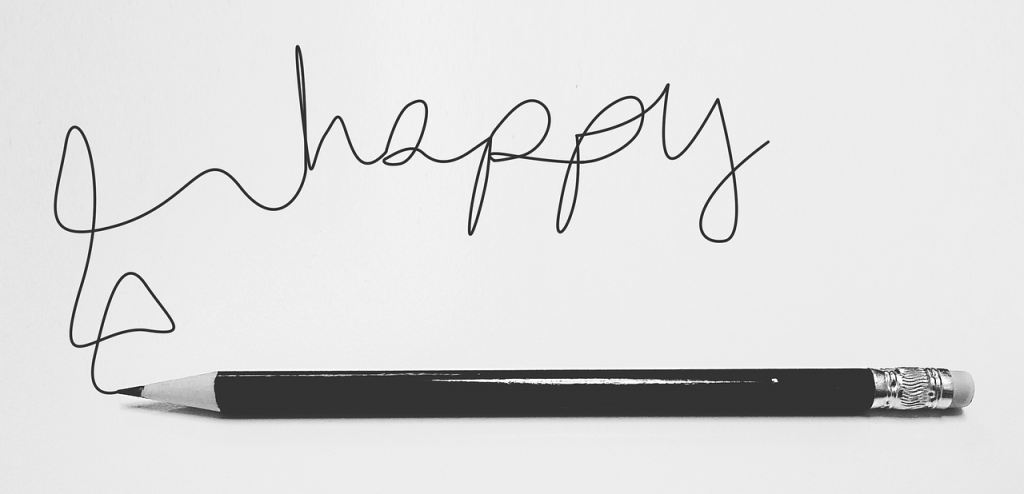
Our brains are not built to be storage units for information, but rather we can think of them of processing systems. Information comes in, we hold on to it for as long as we need and then we can let go of it. Of course we know to commit the really special information to our long term memory. But when our mental and physical spaces are cluttered there is an overload of information. Our brains then struggle to focus on any given task. Soon we start to shut down.
Daniel Levitin, author of The Sunday Times Bestseller, The Organized Mind, writes:
“Neuroscientists have discovered that unproductivity and loss of drive can result from decision overload.”

So what should we do with all of this information that is coming in? Prioritising is not something our brains automatically do. We have to train and support them to do this to avoid being overwhelmed. And yep, you guessed it, by growing our decluttering, organisational and productivity muscles we can give our brains the tools and strength that they need to stay in control. These skills are ones that you can grow at any stage of life, so it is never too late!
“Never underestimate the power you have to take your life in a new direction.”
Germany Kent
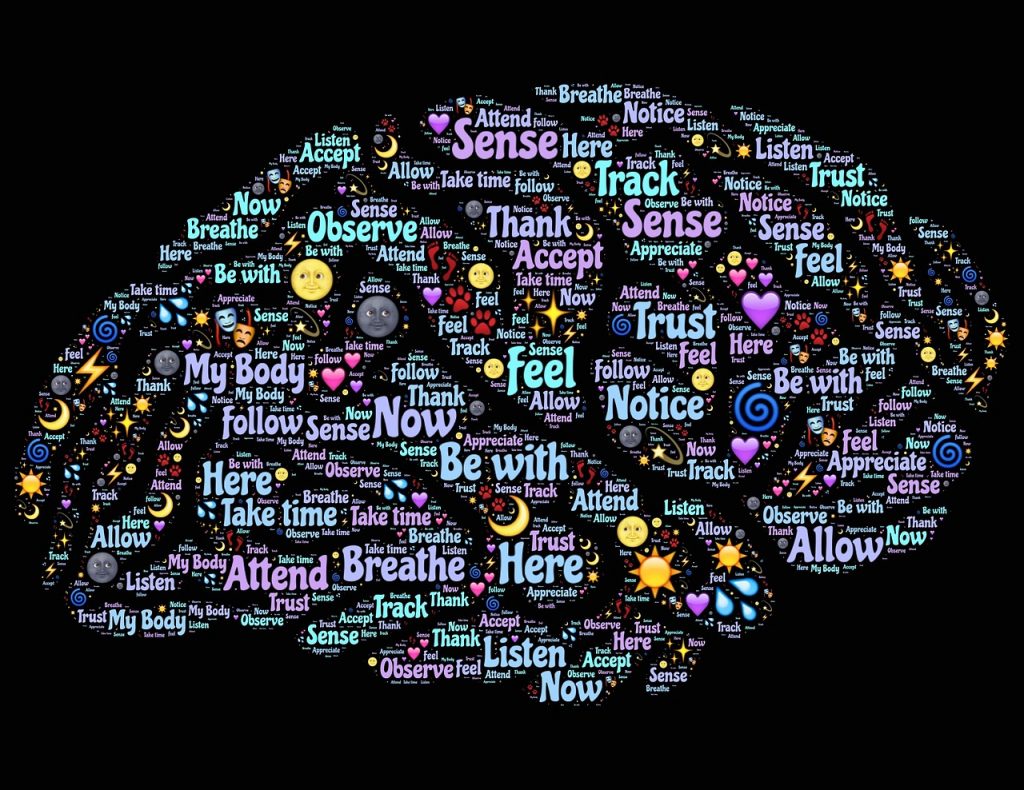
My love of organising and decluttering
As a person I am not always great at doing nothing and having downtime. My family will often say, “can you stop organising things and sit down.” Honestly, the truth is, organising it is downtime for me. I don’t continue to organise beyond my working hours because I NEED greater organisation in my home, but because I enjoy it, because it makes me feel calm and because I know the benefits will make my life simpler for the future. And hey, throw in some pretty containers and a rainbow bookshelf and well, who couldn’t love that!
Although I have always been organised – I really fell in love with it, unsurprisingly, through the Covid-19 pandemic. When the world was falling a part and felt like a scary place to live in, being organised gave me a sense of control at a time when no one was in control. Step by step, I was able to look at each space and area of my life and simplify it. I could physically feel the weight being lifted.
“Simplicity involves unburdening your life, and living more lightly with fewer distractions that interfere with a high quality life, as defined uniquely by each individual.”
Linda Breen Peirce
I feel strongly that life shouldn’t be complicated, or at least the basics shouldn’t be. If we can build the right foundations, we can free up the mental and physical space in our lives to deal with the harder things.
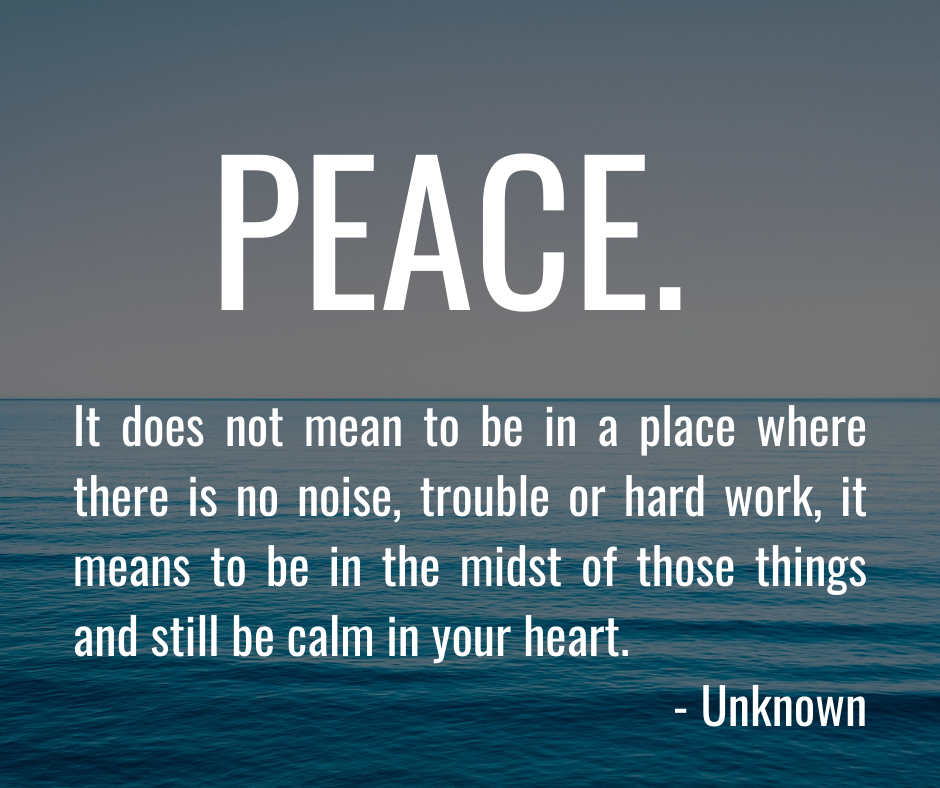
Could you fall in love with organising?
Here are my top 5 reasons for why I think you could love organising!
1. Being Organised Can Save You Money:
Have you ever decided that you want to make a specific meal for dinner? Does it look at bit like this? You open the kitchen cupboard and quickly close it again. The thought of having to wade through item after item (not to mention the risk of a food avalanche) gives you the fear? Yes? Well, what happens next?
You grab your keys. You jump in the car and pop to the shop to get the ingredients that you are going to need. In theory, it doesn’t sound too bad right?
But you are, in actual fact, on your way to spend money on items that you probably already have in your cupboard. In addition, when that item is found, at the back of the cupboard, it will most likely be out of date. So, you have now paid double the price for one item and used petrol unnecessarily to get to the shop.
Imagine you rewrite your story. Imagine you are organised. You decide you want to cook a curry. You open your cupboards and at a glance you can see the rice, the spices and the naan bread. You open the fridge, and you can see the chicken, the yoghurt and whatever else you might need. So, you sit down for a half hour of ‘me’ time before you get cooking. You pour a glass of wine and enjoy a delicious curry with the family.
Now which scenario sounds better to you?
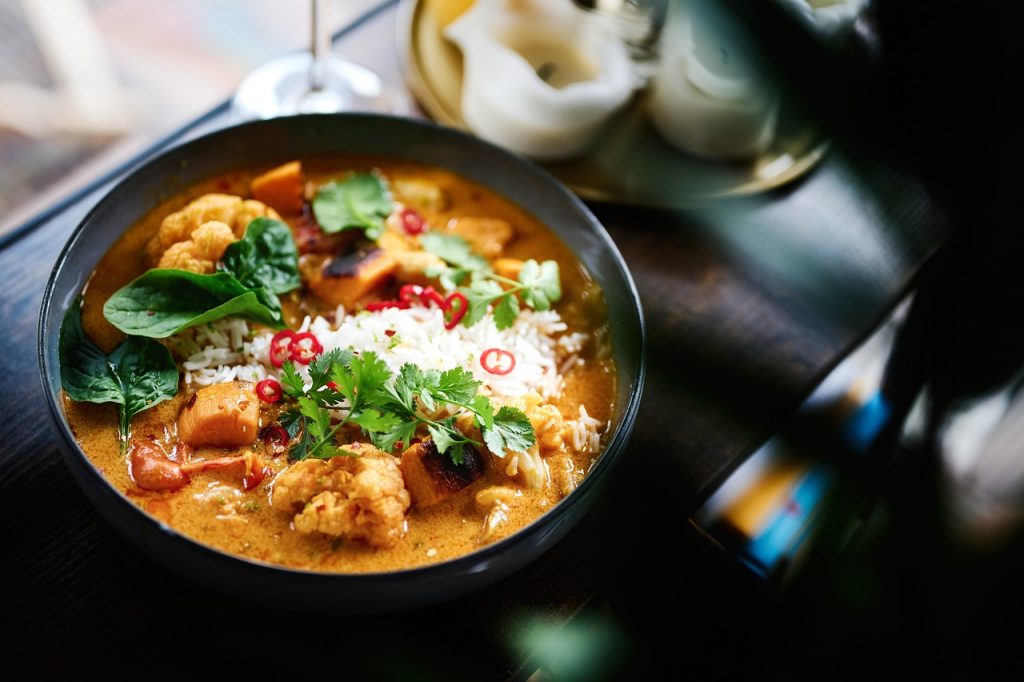
The kitchen may be one of the biggest household areas where being unorganised can quickly lose you money. However, you can apply this theory to pretty much every other area of your life.
- Do you have clothes at the back of the wardrobe that never get worn because you don’t know they are there?
- Are you ordering tools online for that one off project because the thought of digging through the pile in garage feels too overwhelming?
- Maybe you are being hit with late fees because you aren’t on top of your finances and can’t remember when bills are due?
The long and short of it is, at a time where everyone is conscious of their spending habits, being organised WILL save you money.
2. Being Organised Can Reduce Stress:
There is a clear relationship between chaos/disorganisation and stress. For many people, coming home is not a relaxing thing but often a stress trigger.
In The Chimp Paradox, Prof Steve Peters describes how:
“Not finding something thrusts the mind into a fog of confusion, a toxic vigilance mode that is neither focused nor relaxed. The more carefully constructed your categories, the more organized your environment and, in turn, your mind.”
In my mind there are two main sources of stress when it comes to being unorganised and cluttered.
- Your Physical Space: When your PHYSICAL SPACE is cluttered it makes it hard to find what you need, when you need it. Your brain then goes into overdrive trying to work out where you left that item. Anxiety levels can skyrocket or you might feel your blood pressure rise when your kids ask to have someone over for a playdate. From chaos grows instability and the inability for effective executive function. Furthermore, these effects are also seen in children living in this cluttered environment, holding them back from reaching their full potential.
- Your Mental Space: When your MIND is cluttered it can be impossible to simply work out the next step in your day. With millions of thoughts running around your head, it stops you from being able to process the information and prioritise. This can then lead to missed appointments, lack of downtime and time wasted looking for things. As the clutter grows so do the levels of the stress hormone cortisol in your body. High levels of cortisol can in turn lead to poor sleep, irritability, weight gain, headaches, fatigue, and other unpleasant symptoms.

Take a minute to think about how you feel when you come home.
- Do you sit in the car for an extra 5 minutes to build up the energy to walk through the front door?
- Are you greeted by a mountain of shoes, bags and all the other odds and ends in the ‘Drop Zone’?
Joshua Becker invites you to…
“Ask yourself what is really important and then have the courage to build your home and life around that answer.”
Our homes are so much more than a roof over our heads. They are our safe place. They are the place where we make the best memories, the place we share with our loved ones, the place where we recharge and where we allow ourselves to grow. By making your home your sanctuary, you have the ability to live your best, stress-free, life.
3. Being Organised Can Help You with Time Management and Productivity:
Life is busy, there is no denying that, but the reality is that there are only 24 hours in any one day. Despite my best efforts, it appears it is impossible to add any more hours into the day. That leaves many of us in the position where we run out of time to get through the things we ‘need’ to do, let alone the things we actually ‘want’ to do. The result is that millions of people are still trying to figure out that perfect work/life balance.
“We’re so busy watching out for what’s just ahead of us that we don’t take the time to enjoy where we are.” Bill Watterson
But what if you could give yourself the gift of time by managing your time better? What if being organised took you one step closer to finding that perfect balance?
In all honestly I am not sure that there is a ‘perfect’ balance because, let’s face it, life happens. Kids get sick. Things go wrong. Family need looking after and with the best will in the world, there will always be something that can throw us off track. However, by building good foundations, when these things hit, they won’t knock you to the floor like they once might have.
I would also like to clarify here that being productive does not mean to fill every hour with getting things done. Being productive, and this is my personal interpretation and one I have long discussed with many fellow APDO members, is to be smart with your time.
You’ve heard the saying “work smart, not hard”, right? Well, I completely agree with it.
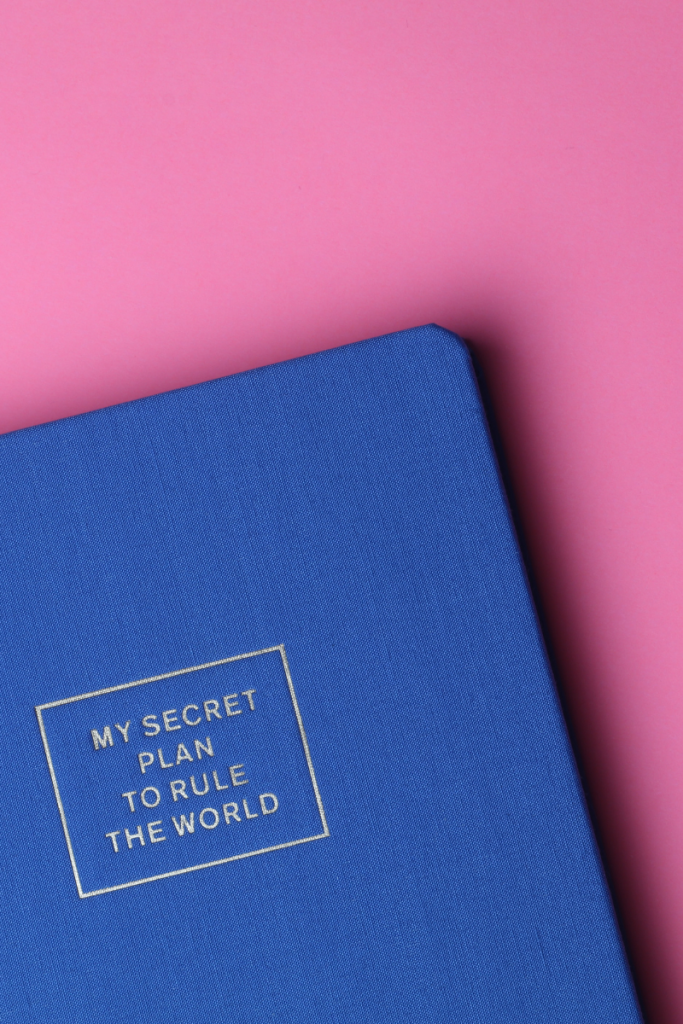
By using time management and productivity tools including apps such as: Google Calendar, Trello, Todoist and many others, you can plan your time efficiently to make sure you get to that well deserved downtime!
It is important while planning out your time to make sure you filter in personal time and relaxation as well as buffers for those things that we can’t predict. I am also a huge fan of apps, such as Trello and Todoist, that allow you to track your to do list and projects. I am always on the go and I love that at a glance I can see what I still need to do, buy or who I need to contact in a given day. I can easily add items to a list, making sure nothing gets forgotten. (A great tool for anyone with menauposal brain fog!)
This week I even went to a meeting with Michelle from One of a Kind Designs (totally check it out for all your upcycling needs!) without a notebook. I sat down to the meeting realising I didn’t have a pen or even a scrap of paper. I actually had a little giggle to myself as I realised I didn’t need paper! I am making the move to paperless living and any notes I needed to make from the meeting I could do using the Trello app on my phone. Phew! What might have stressed me out before didn’t even phase me one little bit.
If you are going to try out some of these productivity tools, have a look at what’s out there (many are free or offer free trials), give them a try for a week or so and see how you like it. If you find you are not using it then it probably isn’t the right one for you. Try a different one until you find the right fit.
Let productivity become a habit, a simple part of your life that happens everyday. Then watch the mental load reduce and the time start to free up. Enjoy that feeling!
4. Being Organised Can Boost Energy & Make You Feel More Empowered:
Our brains really do have a lot to answer for. They can be our superpower, but they can also be our worst enemy. When the to do list is long, when the house is a mess, when there is so much to do, and we don’t know where to start, our brains tend to go into shutdown mode. Our mood drops and our brain tells us – hey why not curl up on the sofa with a programme and deal with it all later. Right? But what if you were in control, the clutter was gone, and you were organised? Can you already feel the spring in your step?
When we are organised, and on top of things, the to do list doesn’t seem so daunting. We know what we need to do, we know how to do it and we just do it. Or we know if we can’t do it, we know who can help do it. If you are an Asana user for your productivity planner, when you start ticking things off your list they even send you little flying unicorns to congratulate you!

I can feel the endorphins flooding in even just at the thought of ticking things off the list! And yes, I am one of those people who will add something to the list just so I can tick it off! Being organised with your time and your productivity, WILL MAKE YOU HAPPY!
5. Being Organised Can Mean a Healthier life:
This Arabian proverb describes health perfectly:
“He who has health has hope and he who has hope has everything.”
In life there is reason to hope, to hope for today and to hope for the future, but what is hope without health? To be able to physically live we must breathe. This is also true for our physical spaces and for our minds.
Think of your house as one big container. Within this container each room is a smaller container. Within each room each storage unit (drawers, wardrobes, dressers etc ) is a smaller container. When the smallest container is full it spills out to the next bigger container. When that container is full, it again spills out to the next bigger container.
Do you see where I am going?
Let me illustrate it better for you.
You have one drawer and you fill it until you can fill it no more. You move to the next drawer before the whole chest of drawers is full. When the chest is full you move to the wardrobe and maybe you buy another chest, just to catch the overflow. But now you have two chests and a wardrobe that are all full and now the chair in your room is also covered in clothes. Soon, the clothes have migrated to the bed and to piles on the floor and before long there is a stepping stone like path through the room. Deviate from the path and you risk stepping on something of value to you.
When this container (this room) is full, you move to the next container (the next room) and repeat the process. Before long, the one container you have (the whole house) is full.
But now the containers cannot breathe, and the container (the house) that holds the smaller containers, cannot breathe.
If our physical spaces cannot breathe, the air gets trapped and this leads to condensation and mould growing where we cannot see it due to the clutter building. Unfortunately, this can have an adverse effect on our health and can also destroy the items that we were clinging to so fondly.
It is no surprise that when our physical spaces can’t breathe, it can feel like we too cannot breathe. Again, our moods drop, sleep becomes disturbed and just functioning on a basic level can feel harder than it should. Despite our best efforts to keep afloat, we are drowning in stuff, and it is stopping us from staying alive.
Now that you know my top 5 reasons for loving organising…

I invite you to close your eyes for a moment and imagine this.
What if your containers weren’t full? What if your rooms and your house wasn’t FULL? What if you have systems in place to stay organised?
Imagine your house could breathe. Imagine YOU could breathe. Imagine that weight being lifted from your shoulders. Imagine a night where you didn’t have to clear everything from the bed to get into it. Imagine pulling back the covers, climbing into bed and just going to sleep. Imagine a restful night where you woke up ready to tackle the day ahead. Imagine a day where you could carve out time for yourself.
Imagine your house could breathe.
Imagine YOU could breathe.
Slowly open your eyes and ask yourself, can you take your life in a new direction?
So, did I fall in love with being organised? 100% YES! There will always be things I can do to make life easier, and I continue to grow my decluttering and organising muscles like any other muscle, but do you know what? I CAN BREATHE.
